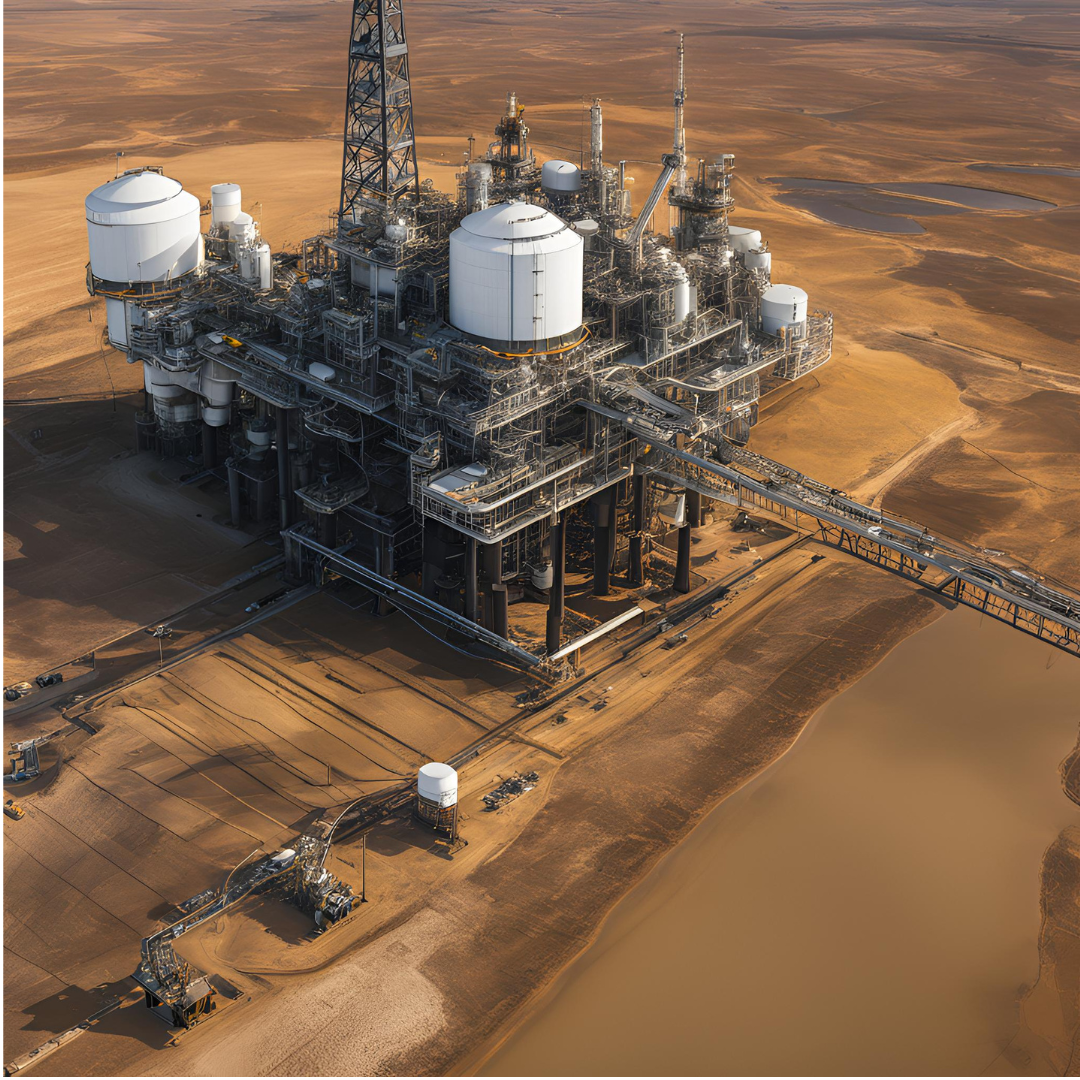
The oil and gas industry is undergoing a digital transformation, with artificial intelligence (AI) playing a pivotal role in enhancing exploration and production activities. Traditionally, oil exploration has relied on manual analysis of geological data, which can be time-consuming and prone to human error. AI, however, offers a more efficient approach by automating the analysis process and providing insights that would be difficult to obtain through conventional methods. By leveraging machine learning algorithms, AI can process vast amounts of seismic data, geological surveys, and historical drilling records to identify patterns and predict the location of oil and gas reserves with greater accuracy.
One of the key benefits of AI in oil exploration is its ability to integrate diverse data sets and provide a holistic view of potential drilling sites. This not only improves the success rate of exploration efforts but also reduces the environmental impact of drilling by minimizing the number of exploratory wells needed. For instance, AI can identify optimal drilling locations, reducing the risk of dry wells and ensuring that resources are used more efficiently. As a result, companies can achieve higher productivity while lowering operational costs and environmental risks.
Moreover, AI is also being used to enhance safety in the oil and gas industry. Predictive maintenance, powered by AI, allows companies to monitor equipment performance in real-time and identify potential failures before they occur. This proactive approach reduces downtime and prevents accidents, contributing to safer and more reliable operations. As AI technology continues to evolve, its applications in the oil and gas industry will likely expand, leading to even greater efficiencies and sustainability in exploration and production processes.